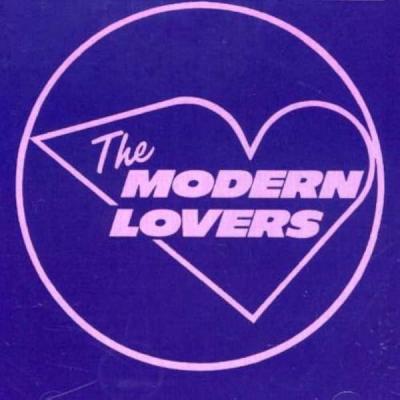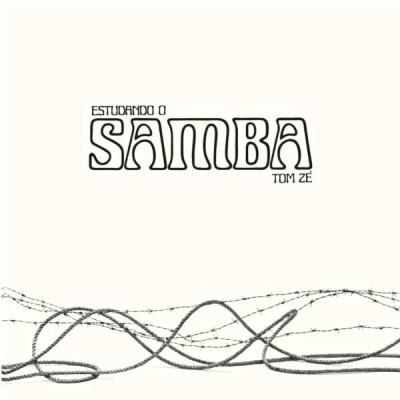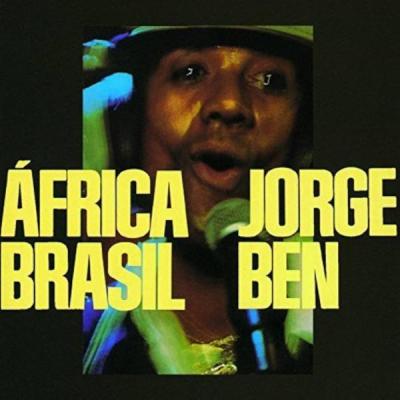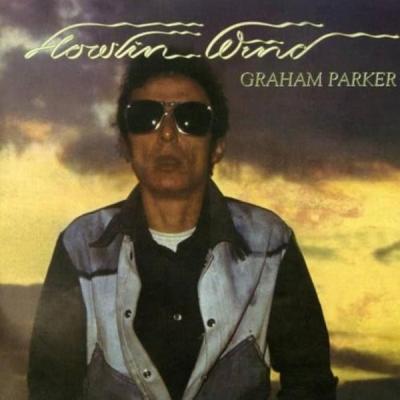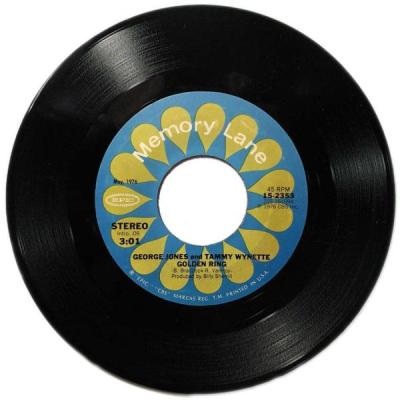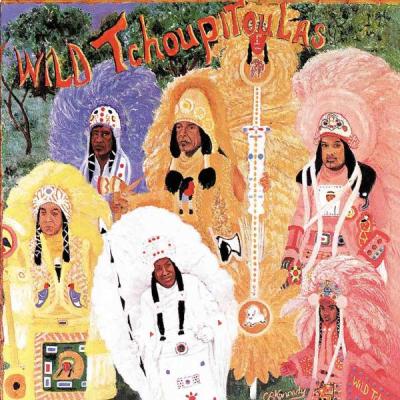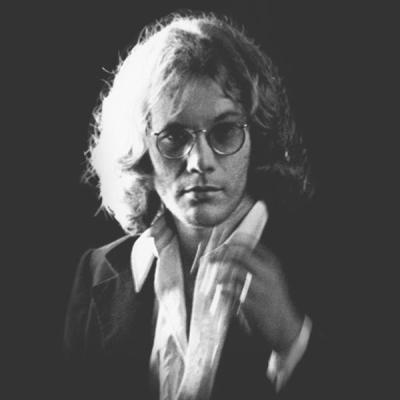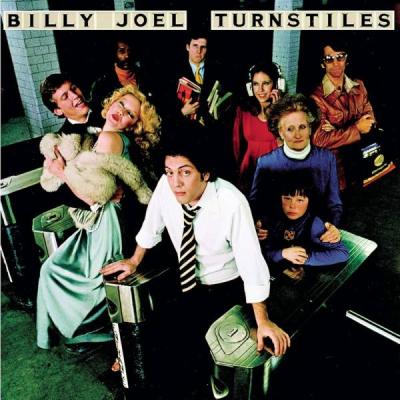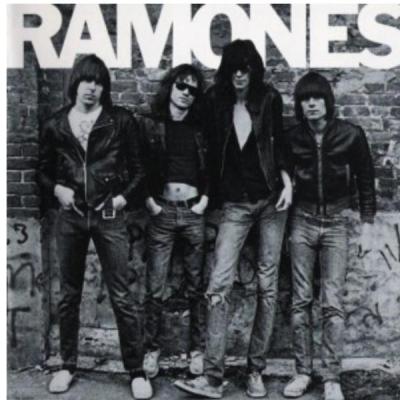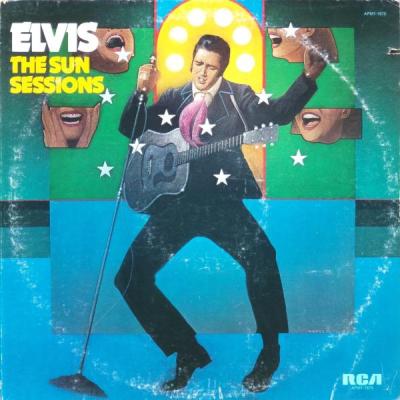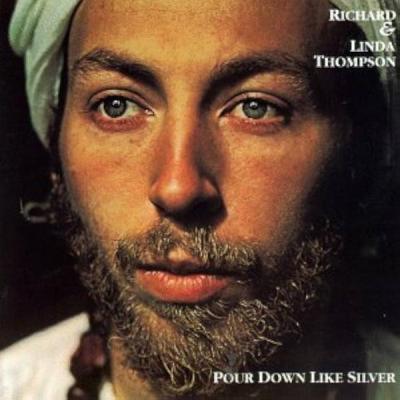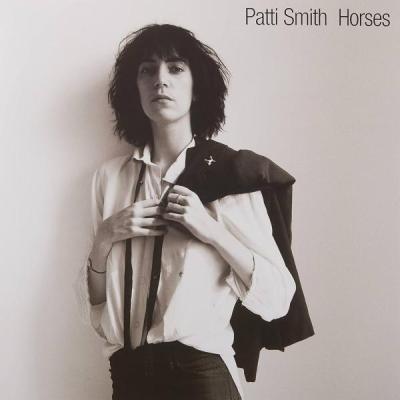

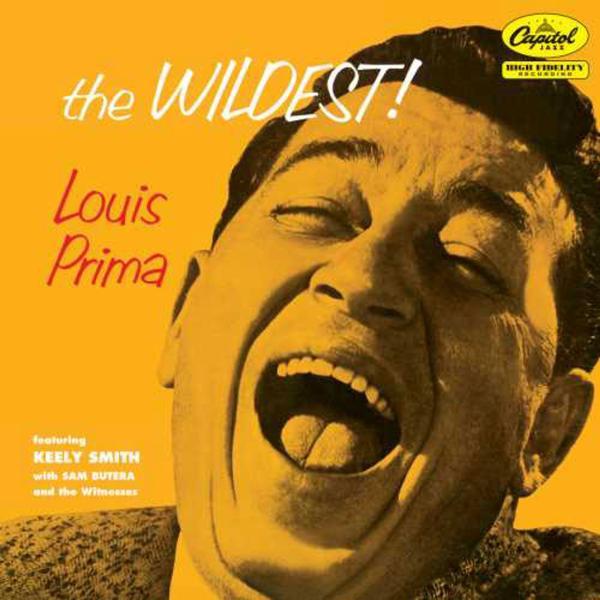
Louis Prima: The Wildest
Album #4 - November 1956
Episode date - May 3, 2023
My wife and I were both surprised to learn that Louis Prima’s “The Wildest” wasn’t a big national hit record.
Heidy was born and raised in New Orleans, where she grew up on a fairly steady diet of Prima’s regional hit songs, so it’s only natural she presumed him to be a national star. I grew up in an Italian/Irish/Jewish neighborhood on Long Island, 800 miles and three hundred light years away from New Orleans, and yet I also heard a lot of Prima’s music. I was the kind of kid who would rummage through my friends’ parents’ albums whenever I could (I was a weird kid) to pick records that might be fun to hear, and listening to Louis Prima albums at my Italian friends’ houses was a hell of a lot more fun than listening to the Irish Rovers.
He had to be a big star, right? To my uninformed ears, I thought I was hearing some sort of grown-up rock and roll, an impression that may have insulted Prima and his bandmates, who were sympathetic to the kids but masters of jump blues and swing. What made it sound so cool (and why my friends’ parents were so attracted to him) was his ability to incorporate classic Italian pop into boogie-woogie rhythms. He’d play crazy, hopped up tarantellas, adding a heady dose of humor with the performance skills of a master showman, all the while aided and abetted by the drop-dead dry stage presence of his wife Keely Smith and the hopped up antics of his right hand man and sax player, Sam Butera.
As a native New Orleanian, Prima played trumpet, which was only natural, picking it up from his older brother Leon. His geographic intuition led him toward a combination of Dixieland and swing, with a generous dollop of stage humor and energy. After Benny Goodman’s huge hit, people no longer remember that it was Louis Prima who wrote “Sing, Sing, Sing”, a song that amply demonstrates Prima’s talent, energy and drive. When they were all the fashion, Prima tried and failed to maintain a big band, which only worked in his favor because as the leader of a small outfit he could travel light and keep more of his earnings, while simultaneously letting the music grow more lithe and energetic. By 1955, he added his fourth wife to his stage act, along with his New Orleans buddy Sam Butera. The band became The Witnesses, and a seemingly never-ending series of Vegas shows led to massive popularity and a contract with Capitol Records.
If you want to know what “the Wildest” sounds like, all you need to do is glance at the cover. Prima’s irrepressible grin is contagious, portraying a man who enjoys every second of what he’s doing onstage. While he hammed it up with nonsense syllabics and off the cuff improvisations, Keely Smith frowned and stared straight ahead, occasionally rolling her eyes, but never missing a cue to echo his ridiculous phrases. Sam Butera would stand aside Prima and prompt him to swing even harder, joining in on syncopated harmony while boosting the energy level beyond anything his audience could have expected. It was a recipe for stardom, but apparently, it seems that they only achieved greatness.
Featured Tracks:
Medley: Just A Gigolo/I Ain't Got Nobody
(Nothing's too Good) For My Baby
THe Lip
Body and Soul (Instrumental)
Oh Marie
Medley:Basin Street Blues/When It's Sleepy/Time Down South
Jump, Jive and Wail
Buona Sera
Night Train (Instrumental)
(I'll Be Glad When You're Dead) You Rascal You
Related Shows
- 1 of 20
- ››


